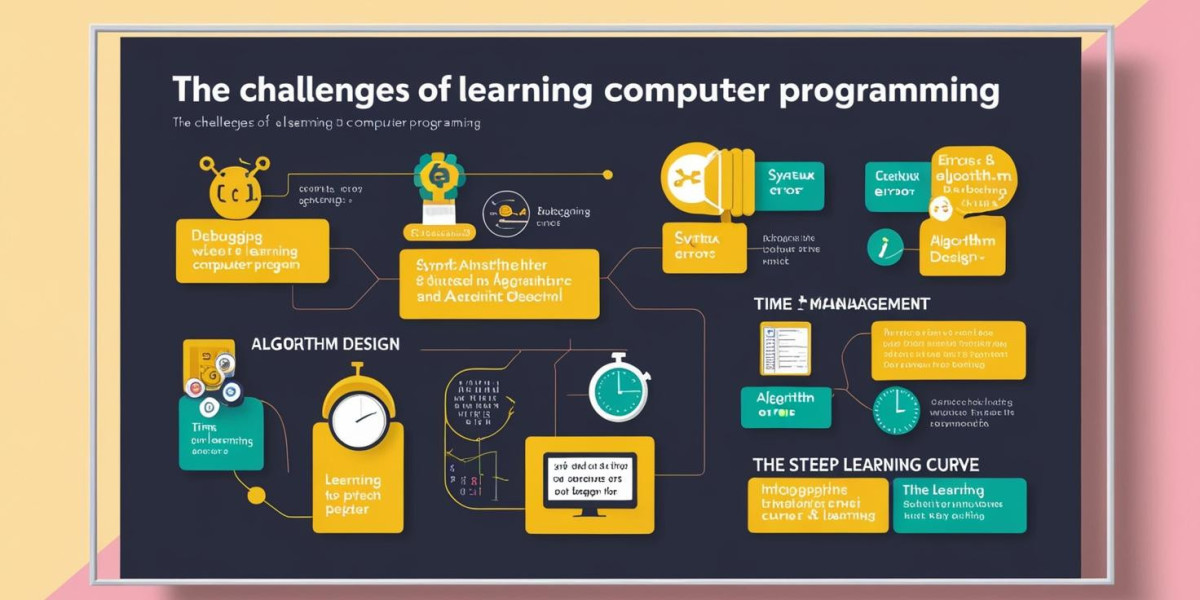So, you wanna learn to code? Buckle up, because programming ain't always a smooth ride. Sure, it’s rewarding—like finally solving a massive jigsaw puzzle—but it can also be frustrating, mind-boggling, and sometimes downright exhausting. Whether you're diving into Python, Java, or C++, the journey comes with its fair share of hurdles.
But hey, that’s part of the process, right? Nobody wakes up one day and just magically understands object-oriented programming or debugging like a pro. It takes time, patience, and a whole lot of trial and error. Let’s break down some of the biggest challenges beginners face when learning how to program.
1. The Overwhelming Learning Curve
Programming isn't like learning how to ride a bike. It’s more like learning how to build the bike… while also figuring out how gravity works. At first, you’re bombarded with new concepts—syntax, data structures, algorithms, debugging, and more. It’s easy to feel lost, especially when tutorials throw a bunch of jargon at you before you even write your first real line of code.
Many beginners get stuck in "tutorial hell," where they watch endless videos but struggle to actually apply what they've learned. The key? Jump in and start coding, even if your first projects are ugly. No one writes clean code right outta the gate.
2. Syntax Errors and Debugging Nightmares
Ever spent hours staring at your code, wondering why it won’t run, only to realize you forgot a single semicolon? Welcome to the club. Syntax errors are the programming world’s version of typos, and they will drive you crazy.
Debugging is another beast. Your code should work, logically speaking, but it doesn’t. And the error message? It might as well be written in ancient Greek. Learning how to interpret these messages and troubleshoot effectively is a skill that takes time. Some days, you’ll fix a bug in five minutes. Other days, you’ll spend hours chasing a problem that turns out to be a missing bracket.
3. Abstract Thinking and Problem-Solving
Programming ain't just about writing code. It’s about thinking logically, breaking problems into smaller parts, and understanding how different pieces fit together. Some folks struggle with this because it requires a whole new way of approaching problems.
Ever heard of algorithmic thinking? Yeah, that’s a fancy way of saying, "think like a computer." You gotta train your brain to process problems step by step, considering different scenarios and edge cases. This ain't easy, and for some, it's the biggest roadblock in their coding journey.
4. Too Many Languages, Too Many Choices
C++, Python, Java, JavaScript, Swift, Ruby, Rust… where do you even start? The programming world is a buffet, but too many choices can lead to decision paralysis. Newbies often waste time jumping from one language to another, thinking they need to master everything at once.
Truth is, you don’t. Pick one language, stick with it, and learn the fundamentals. Once you understand how programming works, switching languages becomes way easier. And let’s be real—every programming language has quirks. You’ll run into weird syntax rules no matter what you pick.
5. Time and Consistency
Learning to code ain’t something you cram into a weekend. It takes months, even years, of practice to become proficient. A lot of people start strong, but when they don’t see instant progress, they give up.
According to Programming Homework Helpers consistency is the key to mastering programming. Even just 30 minutes a day can lead to massive improvements over time. The trick is to keep coding, even when it feels like you're hitting a wall. Progress might be slow, but every bug fixed and every problem solved adds up.







